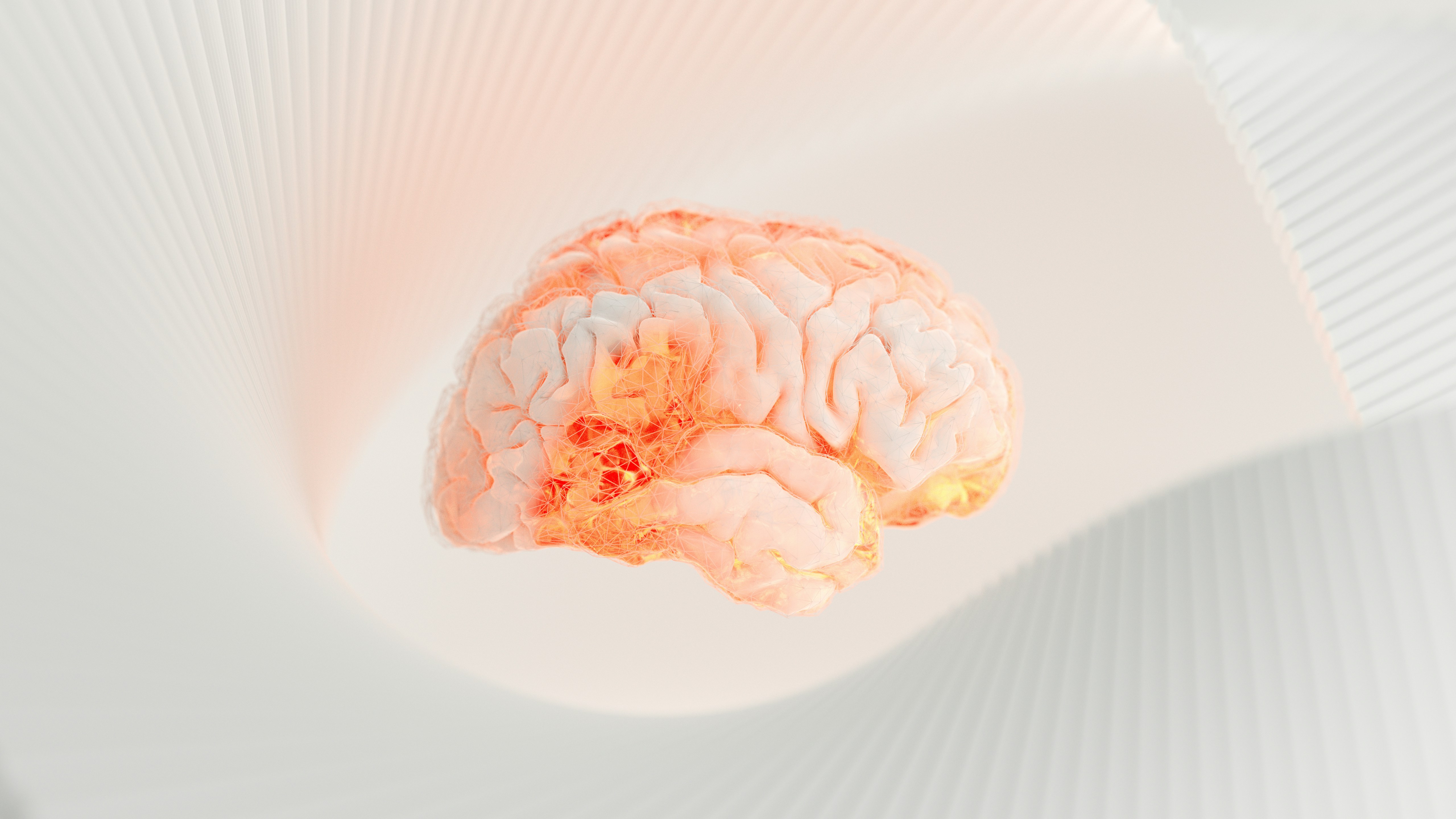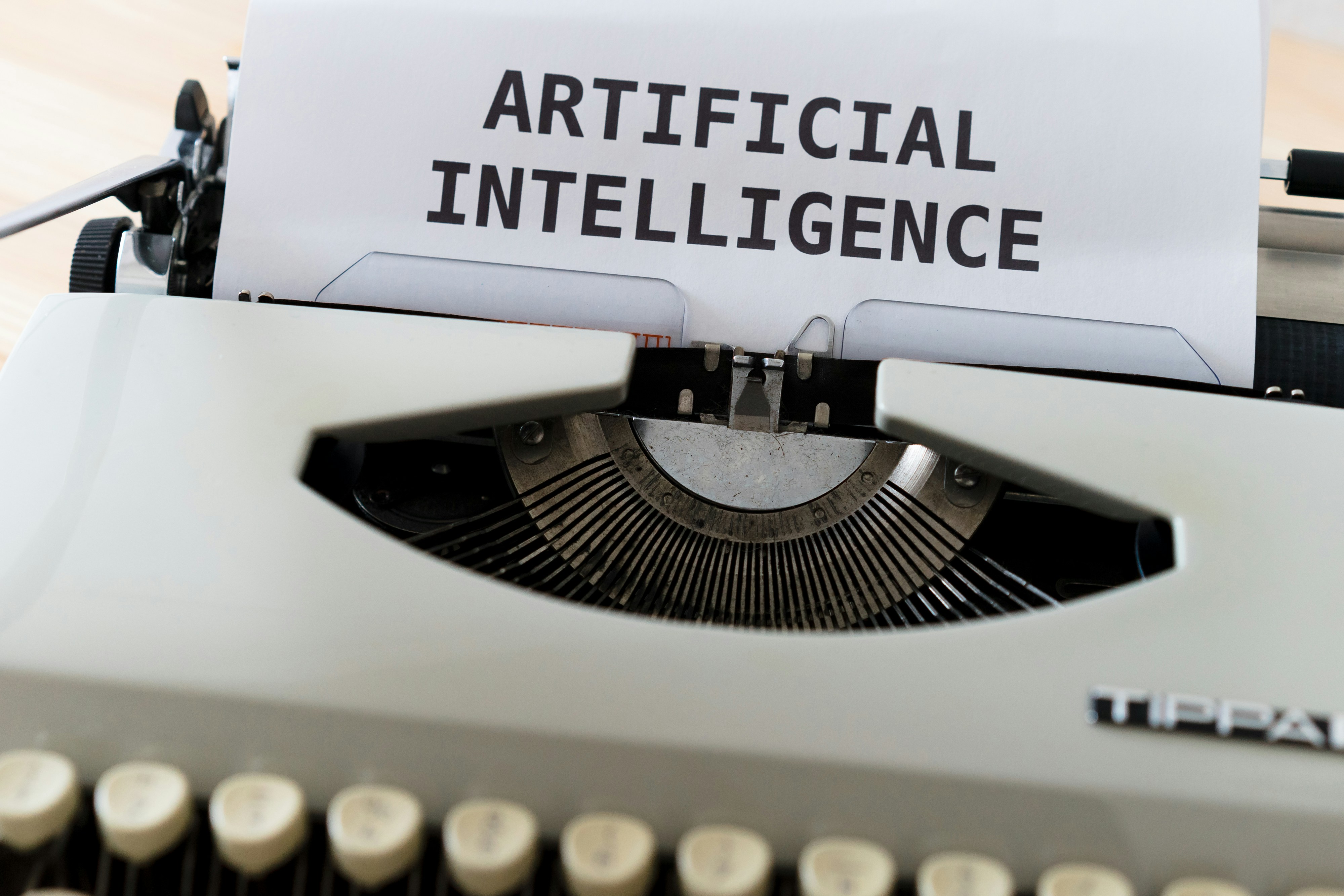Artificial intelligence (AI) is developing at a rapid pace, which has both excited and alarmed people. It's normal to question if artificial intelligence (AI) will eventually replace the human brain as these machines carry out more and more jobs that were previously limited to humans. Though complex, the response is comforting and thought-provoking.

Understanding AI's Capabilities
Recent years have seen tremendous advancements in AI. AI is capable of amazing things, including driving automobiles, diagnosing illnesses, and even winning challenging games like Go and Chess. Large volumes of data may be processed fast by machine learning algorithms, which can also spot patterns and make remarkably accurate conclusions. Though sophisticated, these abilities are restricted to particular tasks and contexts.
The Human Brain: Irreplaceable Complexity
The human brain, with its approximately 86 billion neurons and trillions of synapses, is an incredibly complex organ. It excels in tasks that require creativity, empathy, critical thinking, and emotional intelligence. While AI can analyze data and even generate creative content, it lacks the nuanced understanding and depth of human experience. AI operates based on algorithms and data it has been trained on, but it does not possess consciousness or self-awareness.
Complementary Roles: AI and Human Intelligence
Artificial intelligence is more likely to enhance human intelligence than to replace it. Artificial intelligence (AI) can undertake laborious and data-intensive jobs, freeing up humans to concentrate on their strengths. AI, for instance, can accurately interpret medical images in the healthcare industry, but it cannot take the place of a human doctor's empathetic care. Artificial intelligence (AI) can help in creative fields by creating ideas, but human intervention is necessary to create truly meaningful art.
AI probably won’t replace humans because of math
Math is one factor that makes it unlikely that AI would ever fully replace humans because it is both very basic and sophisticated.
Within the field of generative AI, large language models utilize sophisticated mathematical formulas to analyze and detect patterns within enormous datasets, thereby producing novel text, image, video, or audio outputs in response to user inputs. Pattern recognition is just one aspect of human intellect, though. That is why the generative AI systems that are in use today have rather simple mathematical models.

The Future of Work and AI
AI will develop further and transform the nature of work. Both new job creation and job transformation will occur in large quantities. In order to adapt to these changes, we must embrace lifelong learning and acquire new skills. Artificial intelligence (AI) has the potential to be a powerful tool for personal and professional development, providing tailored learning opportunities and helping individuals stay competitive in a rapidly evolving labor market.
Harnessing AI with StudyGPT
StudyGPT is one such product that shows off the potential of AI in education. Our cutting-edge platform uses AI to design personalized learning experiences that meet the needs of each user. StudyGPT provides a variety of tools and resources to help you succeed, whether you're a professional trying to improve your skills or a student trying to grasp a new subject.
StudyGPT's AI-driven approach ensures that learning is efficient and effective. By analyzing your strengths and weaknesses, it can recommend personalized study plans, practice questions, and resources that align with your goals. This level of customization makes learning more engaging and productive, allowing you to achieve your full potential.
Furthermore, StudyGPT encompasses more than rote learning and standardized assessments. It helps users acquire the abilities that will become more and more important in a world where artificial intelligence (AI) performs more mundane activities by promoting critical thinking and problem-solving. StudyGPT prepares you for the future by incorporating AI into the learning process, which helps close the gap between human intelligence and machine capabilities.
Conclusion
While AI is clearly changing many facets of our existence, the human brain will not be completely replaced by it. Rather, it functions as a potent instrument that can expand our potential, improve our efficiency, and create new opportunities. We can make sure that we stay at the forefront of innovation and that we survive in a world that is becoming more and more automated by embracing AI and utilizing tools like StudyGPT.
The combination of artificial and human intelligence in this changing environment can unlock hitherto unheard-of possibilities. While AI won't be able to replace human minds, it will enable us to accomplish more than we ever would have imagined.